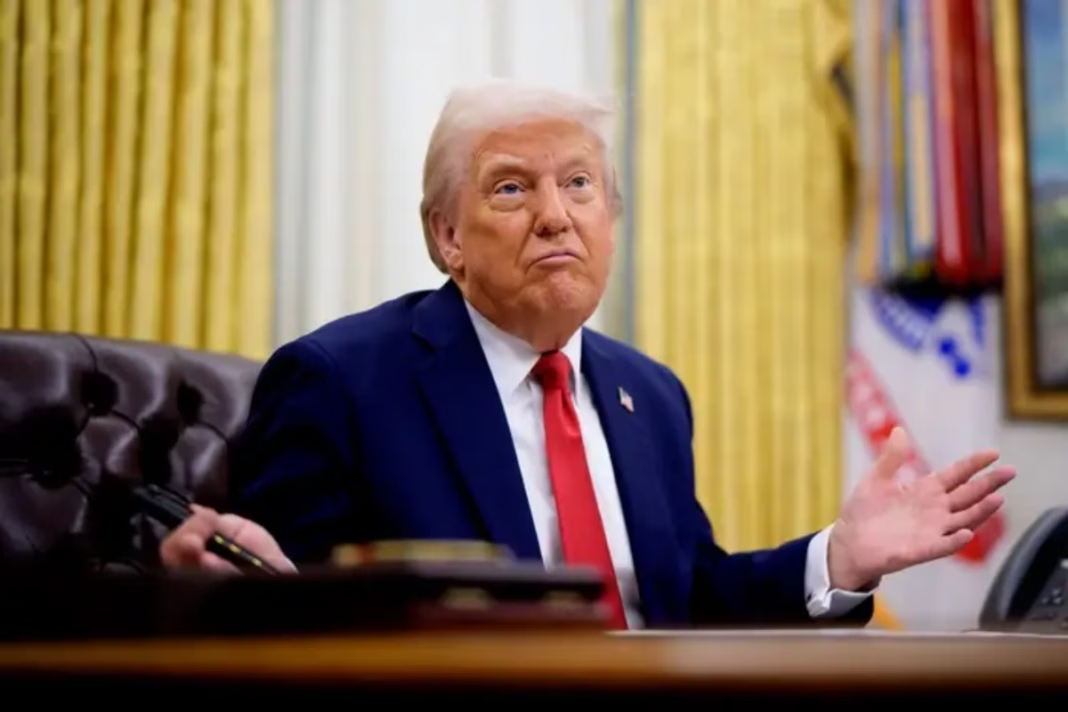Donald Trump:According to the most recent news, US President Donald Trump wants to get the G7 to put higher taxes on India and China because they keep buying oil from Russia. The decision comes at a time when the West is trying harder to cut off Moscow’s energy income and power. The decision also makes people wonder how it might affect India’s rise on the world stage.
Why Buy Russian Oil?
Because of the war in Ukraine, the US and Europe have banned Russia from exporting oil. But India has been buying a lot more cheap Russian crude oil and processing it into oil products. Some of this oil is even sent to Western countries. In Washington’s view, this breaks down sanctions and gives Russia more money to pay for its war machine. So, Trump wants to use tariffs to punish India for its unfair trade practices. This will send a message that the US expects partners to follow its strategic line.
DON'T MISS
Why India’s Growth Is Important
India’s energy policy isn’t just about oil; it’s also about using its growing economic power around the world. India has been able to keep inflation under control, increase refinery profits, and make its manufacturing more competitive by getting cheaper Russian crude. India has also set itself up to be a major player in the world by balancing its relationships with the West and Russia while maintaining strategic independence from Russia.
Russian Oil or India’s Rise on the Global Stage
The main problem can be summed up in the term “Russian Oil or India’s Rise.”
For the US and the G7, the main goal is to punish Russia and curb its power.
India’s main goals are to get cheap energy and speed up its rise as a world economic powerhouse.
Tariffs may hurt in the short term, but India will become a true global power—one that can’t be pushed around by Western economic tactics—if it can handle pressure and keep going its own way.
Trump’s actions show that he wants to cut Russia off from the rest of the world very badly, but they could actually help India rise even faster, since New Delhi is strong and independent in global politics.



